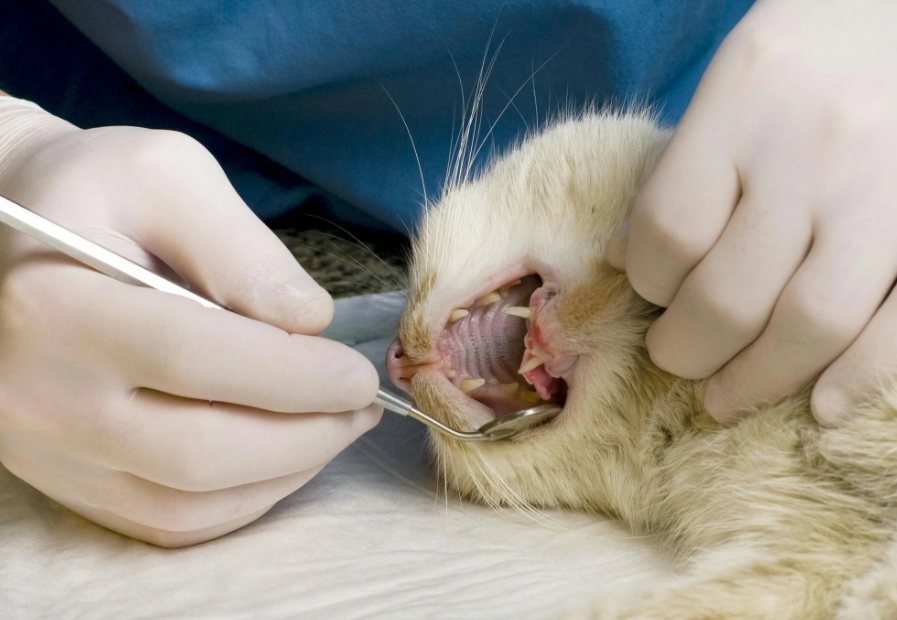Whether your feline friend needs a simple tooth extraction or a more complex cat dental surgery, the postoperative period is crucial for their recovery and long-term oral health. As a pet owner, your role in providing diligent post-operative care cannot be overstated. Understandably, the thought of your beloved cat undergoing surgery can be daunting. However, armed with the right knowledge and guidance, you can ensure your feline companion sails through their post-operative phase smoothly.
Understanding Cat Dental Surgery
Dental issues in cats are more than mere nuisances—they can develop into severe health problems. Common dental surgeries for cats include cat dental extractions, root canal therapies, and the removal of oral tumours. These procedures are typically necessary for the treatment of conditions like fractured teeth, advanced periodontal disease, or oral cancers, ensuring the cat’s overall well-being.
Post-Operative Care Guidelines
Your veterinarian will provide you with detailed post-operative instructions tailored to your cat’s specific surgery. Essential aspects of post-operative care include pain management, medication administration, dietary changes, and monitoring for any potential complications that may arise.
Pain Management
Ensuring your cat remains comfortable is paramount. Non-steroidal anti-inflammatory drugs (NSAIDs) may be prescribed to manage post-operative discomfort, but it’s crucial to administer these under veterinary supervision.
Medication Administration
Post-operative medications are often a blend of antibiotics to prevent infections and analgesics for pain management. Administering these according to the prescribed schedule is vital for your cat’s recovery.
Dietary Considerations
Your cat’s diet post-surgery may need to be modified. Soft or liquid diets may be recommended initially to ease the chewing process. Proper hydration is also essential as your cat recovers.
Complication Monitoring
Keep a close watch on your cat for any abnormal symptoms such as excessive bleeding, swelling, or difficulty breathing. Immediate veterinary attention is necessary if any concerning symptoms are observed.
Home Care Instructions
Your vet will advise on how to keep your cat’s surgical site clean and free from infection. Avoid any hard toys or items that could potentially damage the healing area.
Addressing Common Concerns
- Regular observation of your cat’s behaviour and appetite post-surgery is essential to spot any signs of distress or complications early.
- Provide a quiet, comfortable space for your cat to recover, away from noise and other pets.
- Ensure your cat does not disturb the surgical site; a protective collar may be necessary to prevent licking or biting.
- Scheduling follow-up appointments with your veterinarian is critical to monitor your cat’s healing progress and to address any concerns promptly.
- Gradually reintroduce your cat to its regular diet as recommended by your vet, and avoid hard foods until the surgical site is fully healed.
- Be patient and gentle with your cat during the recovery process, as they may experience temporary changes in behaviour due to discomfort or stress.
Conclusion
In summary, the period following a cat’s dental surgery is a delicate time that demands attentive care from the pet owner. By following the veterinarian’s post-operative care instructions, monitoring your feline friend for any signs of complications, and ensuring they remain comfortable and nurtured, you play a pivotal role in their swift and successful recovery. Remember that your patience, care, and vigilance can significantly contribute to your cat’s rapid return to health and their continued oral hygiene. By prioritizing your cat’s dental extraction’s post-operative phase, you are investing in their well-being and quality of life. So, always be sure to follow your vet’s advice carefully to ensure the best possible outcome for your feline companion.

